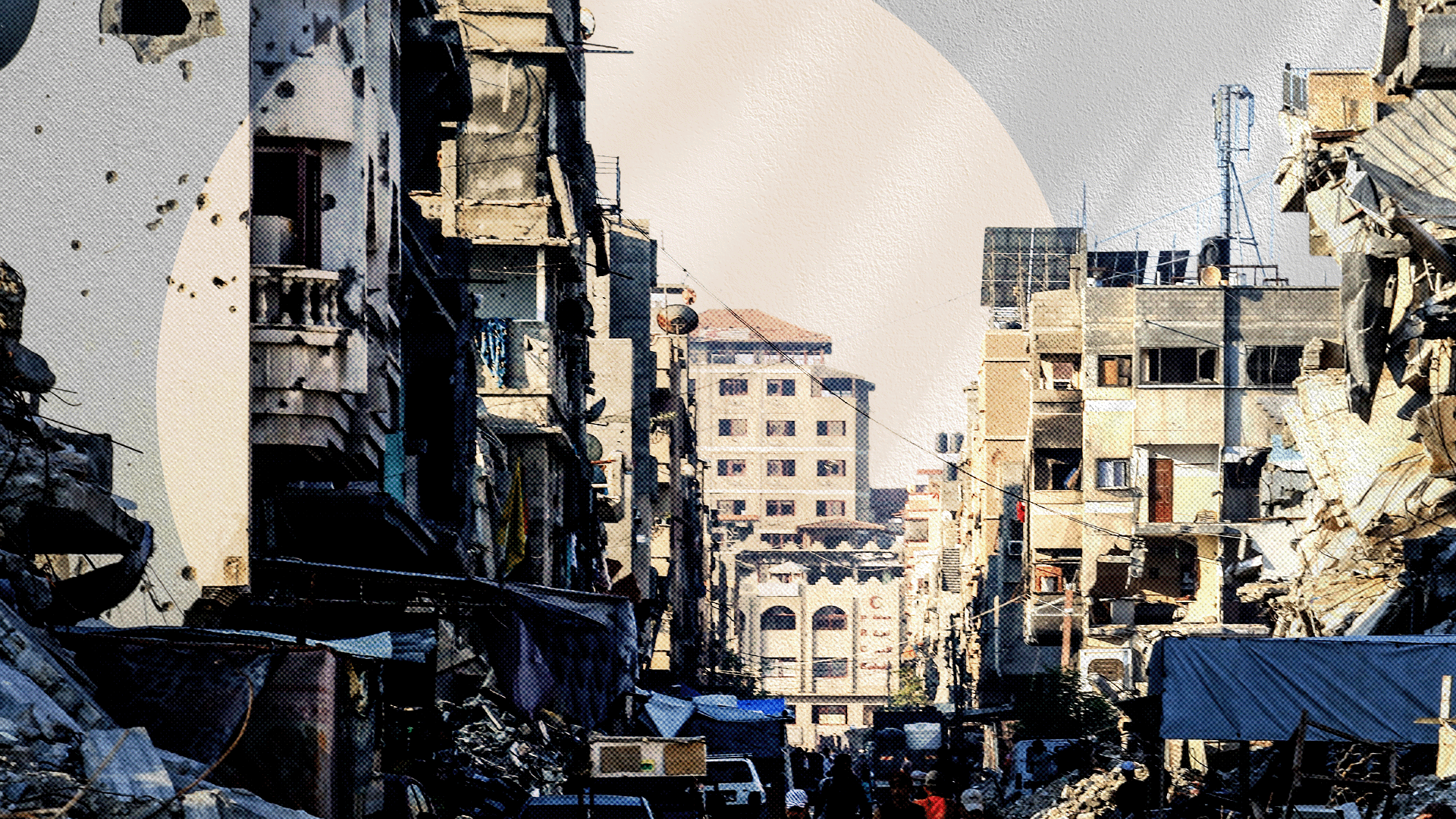Israel 'will not co-operate' with ICC war crimes investigation
- Published
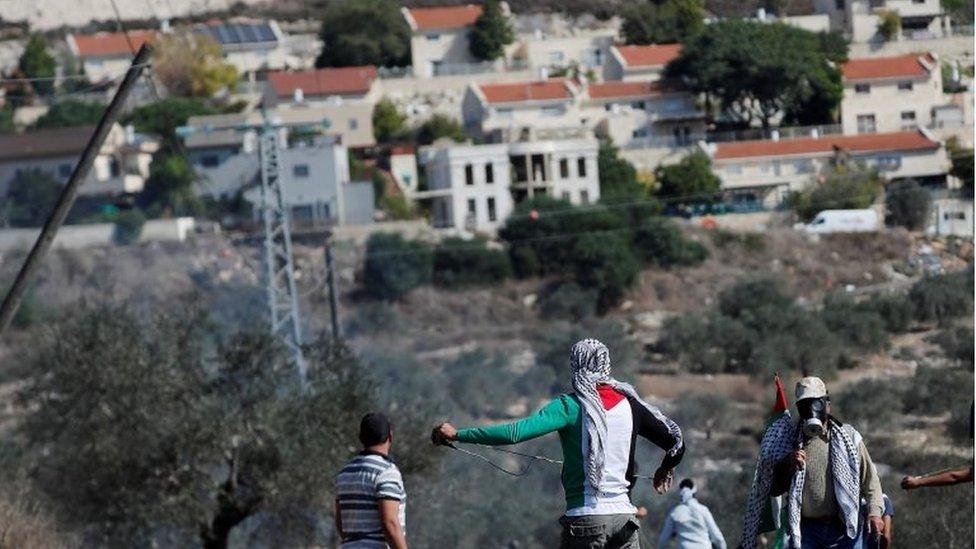
Israeli settlements in the occupied territories are expected to be among issues investigated
Israel says it will not co-operate with an investigation by the International Criminal Court (ICC) into possible war crimes in the occupied territories.
In a letter to the court, Israel says the ICC is "acting without authority" in carrying out the probe.
The ICC gave both Israel and the Palestinians, who instigated the action, until Friday to respond.
The issue threatens to further damage already strained relations between the two sides.
Last month, Israeli authorities cancelled the VIP travel pass of the Palestinian foreign minister on his return to the Israeli-occupied West Bank from talks with ICC Chief Prosecutor Fatou Bensouda, Palestinian officials said.
Based in The Hague, the ICC was set up in 2002 to bring to justice those responsible for the worst crimes - genocide, crimes against humanity, and war crimes. It has the power to act where a state is "unable or unwilling genuinely" to do so itself.
Why is the court investigating Israel and the Palestinians?
The ICC has a duty to explore whether there are sufficient grounds to open a probe when a new member joins, as the Palestinians did in January 2015.
Last month, Ms Bensouda announced that the court would proceed and investigate possible crimes committed by both Israelis and Palestinians in the West Bank, Gaza and East Jerusalem since 13 June 2014.
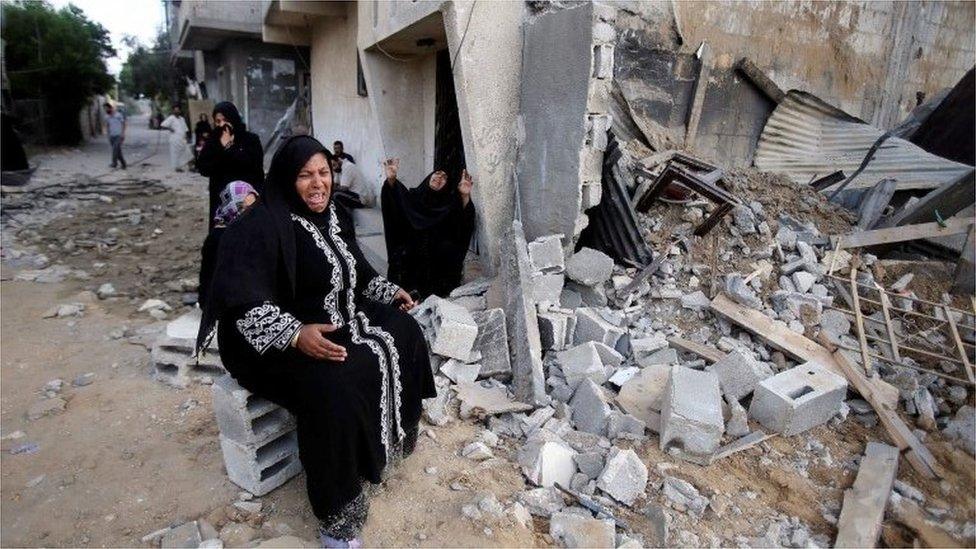
The investigation will cover the war between Israel and Palestinians in 2014
The date - elected by the Palestinians - marks an Israeli operation against Palestinian militants and an intensification of violence which led to a 50-day war in July and August.
At least 2,251 Palestinians dead, including more than 1,462 civilians, according to the UN, and 11,231 others injured. On the Israeli side, 67 soldiers and six civilians were killed, with scores more wounded.
Why does Israel object?
Ms Bensouda gave Israel and the Palestinians until Friday to let the ICC know whether they were conducting their own investigations into possible crimes in the occupied territories.
The Palestinian foreign ministry said it had informed the ICC of the "full co-operation... from the State of Palestine".
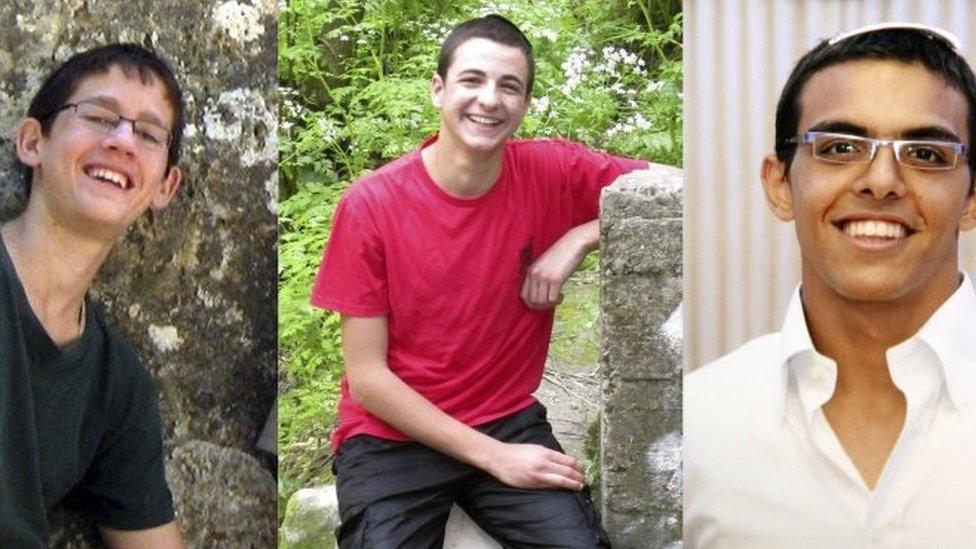
Israel says the probe deliberately excludes the kidnap and murder of three Israeli teenagers
Israel, however, said it would not have anything to do with the case.
"Israel absolutely rejects the claim that it has carried out war crimes," the prime minister's office said in a statement. "Israel reiterates its unequivocal position according to which the court in The Hague lacks the authority to open an investigation against it.
"The unacceptable interference of the court lacks any legal basis and contravenes the goals for which it was established."
Israel says the court has no jurisdiction over the territories in question, occupied by Israel since the 1967 Middle East war.
Israel is not a member of the ICC. It asserts that the Palestinians do not qualify as a sovereign state and so lack the right to join. The ICC has ruled it has a mandate to investigate the occupied territories and has accepted the Palestinians after they were granted non-member observer State status at the UN.
Israel also points out that the start date for probing alleged crimes excludes the kidnap and murder by Palestinian Hamas militants of three Israeli teenagers the previous day, which triggered the Israeli operation.
What will happen next?
The investigation will proceed without Israel's involvement. If Israel blocks ICC investigators on the ground, witness testimonies could be taken in other countries or at the The Hague in the Netherlands instead.
The case is expected to focus on three main areas: the Israel-Gaza war of 2014; violence along the Israel-Gaza border in 2018 amid Palestinian demonstrations backing the declared right of Palestinian refugees to return to ancestral homes in what is now Israel; and Israeli settlements in the occupied territories, considered illegal under international law - a point disputed by Israel.
The investigation puts both Israeli and Palestinian officials at risk of arrest if they travel abroad.
- Published2 April 2021
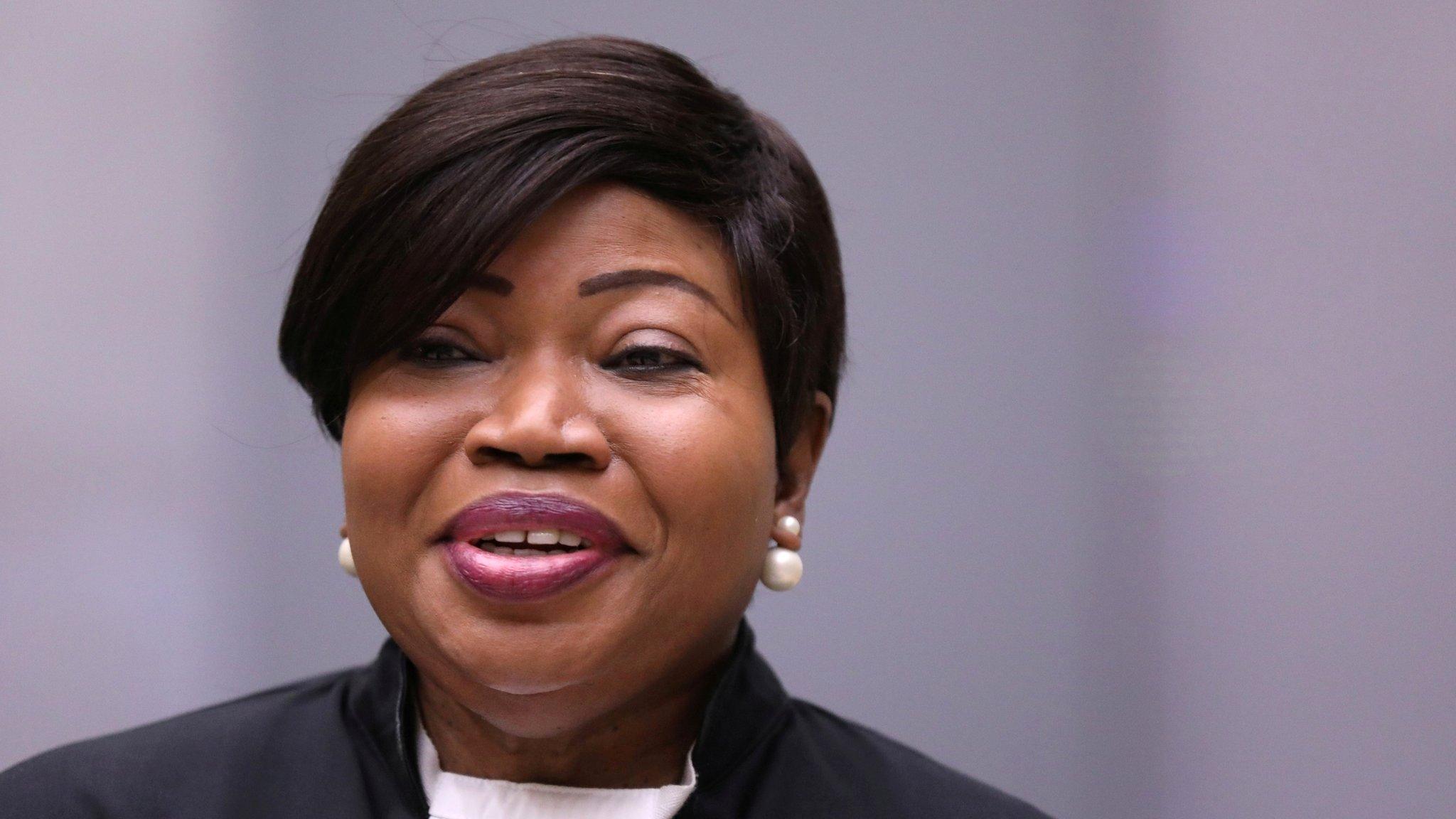
- Published3 March 2021
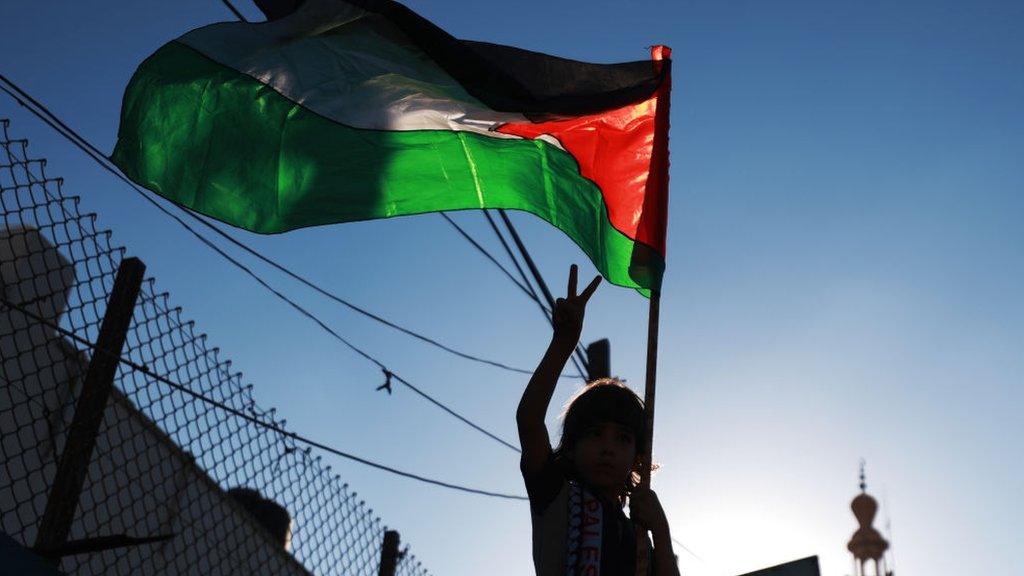
- Published7 February
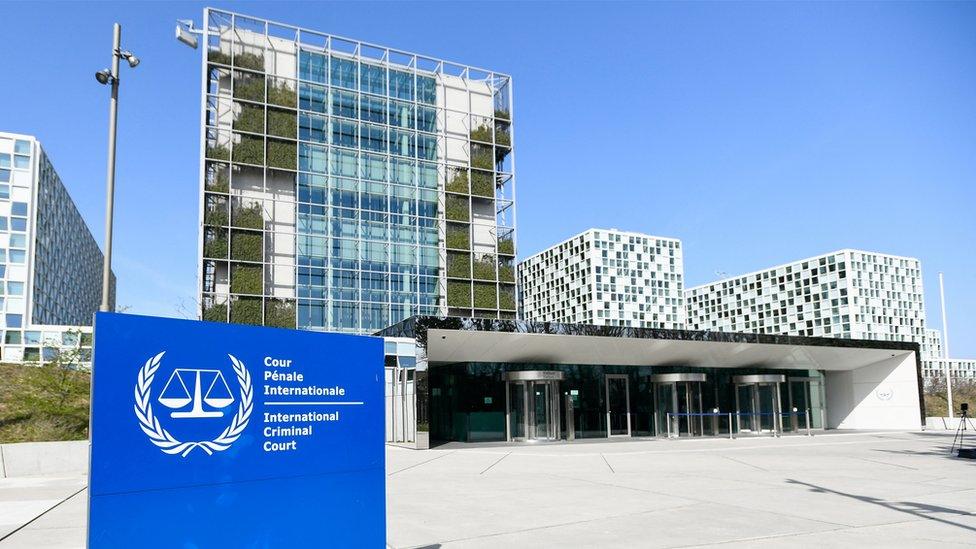
- Published26 June 2023
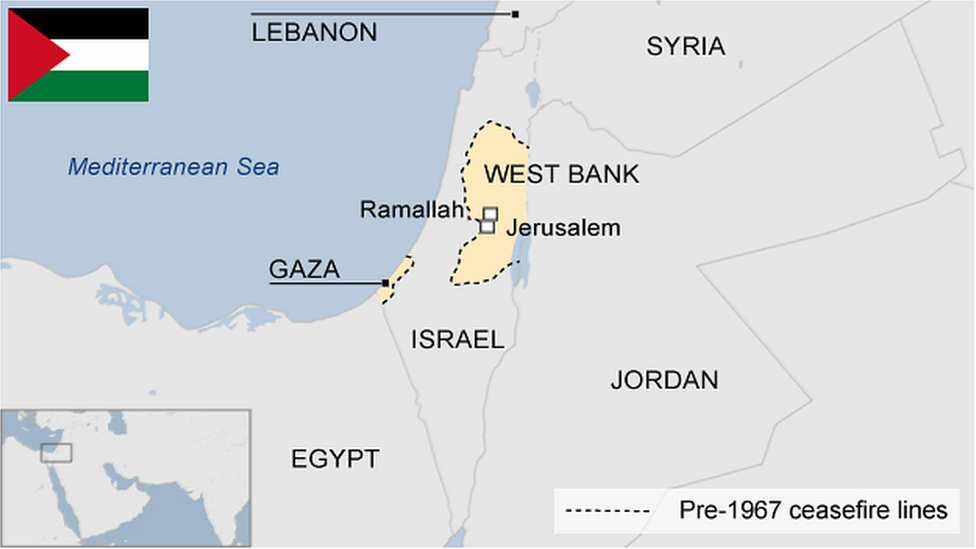
- Published22 May 2018
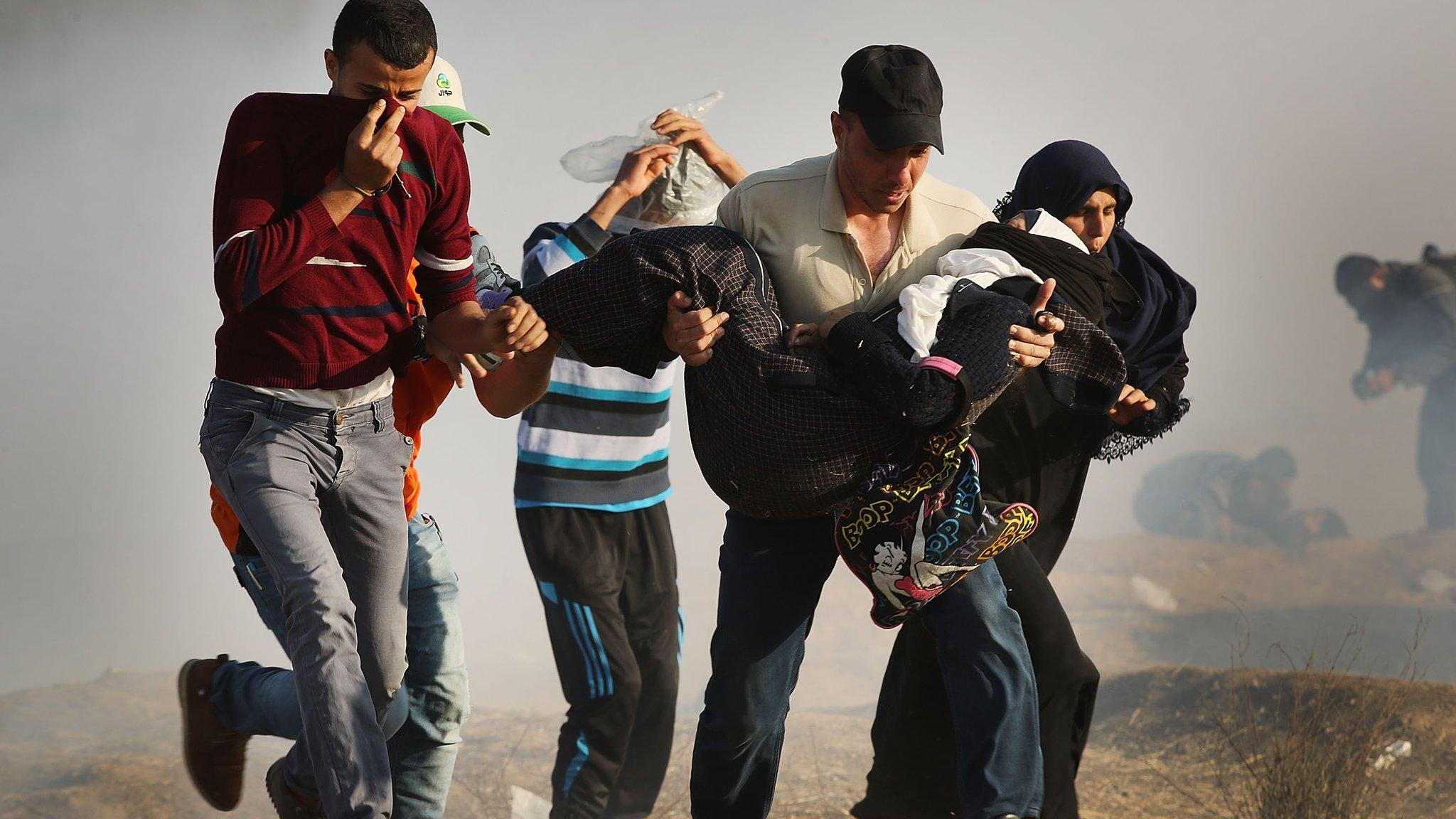
- Published17 May 2018
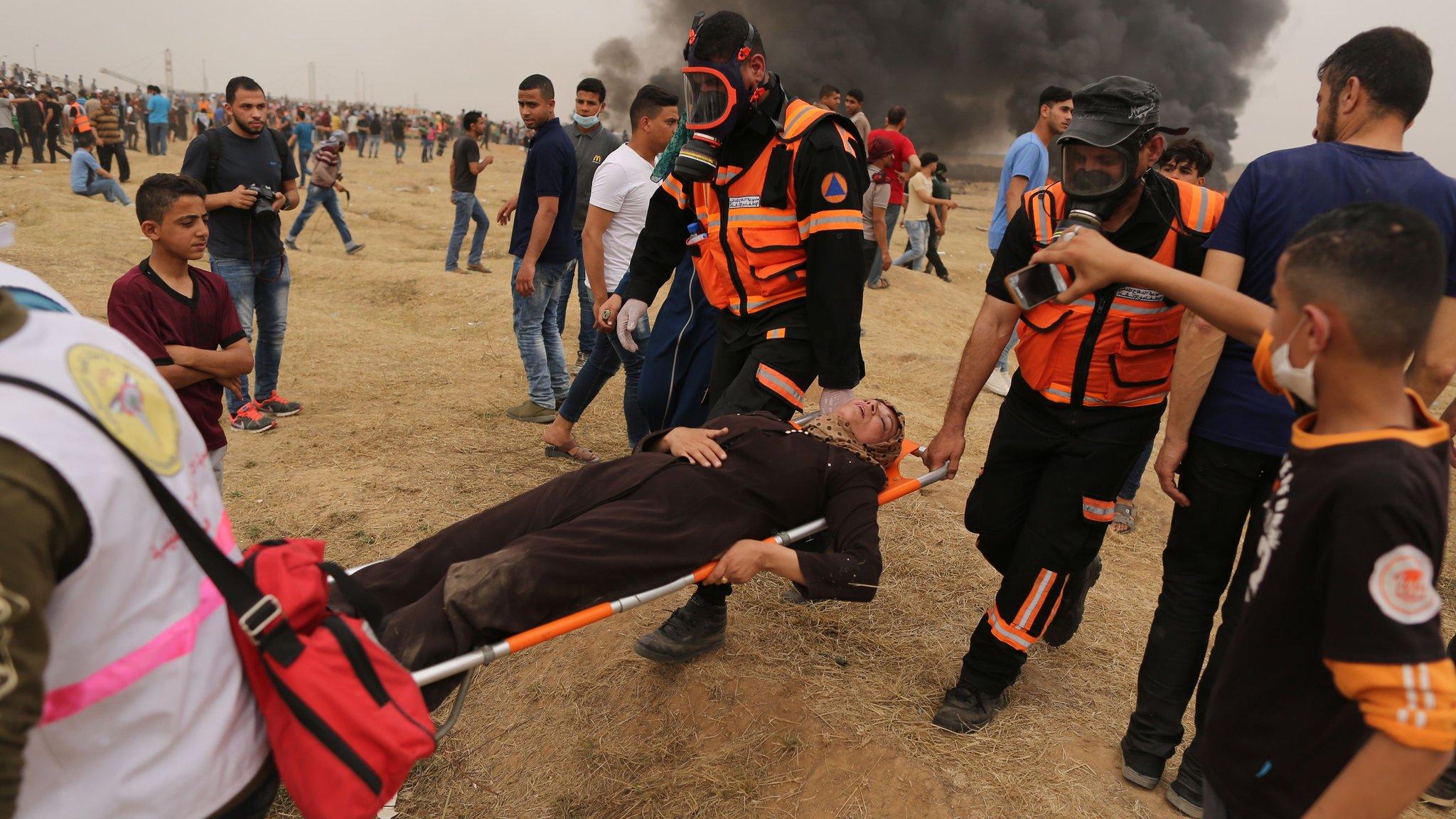
- Published16 January
